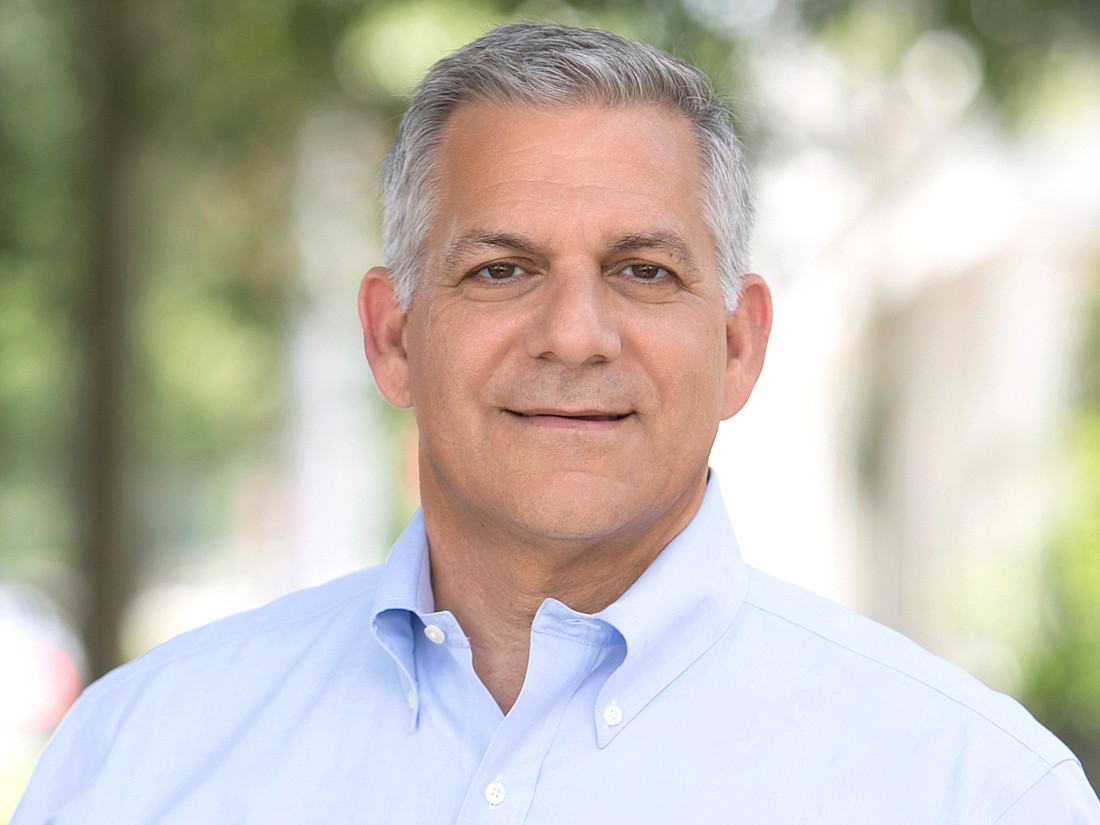
Northeast Florida is on the brink of a construction boom.
Once a steady-growth town, economically driven by the insurance industry and a strong military presence, Jacksonville is now growing in multiple areas that will soon result in the largest construction expenditures our community has ever seen.
Construction demand in the region has remained strong since 2017 and will continue to be focused on the commercial market – although office buildings, along with single-family residential, will remain soft until interest rates tick downward.

Warehouse facilities and multifamily housing have led the way since 2020, but other sectors are now gaining strength.
Construction of the Four Seasons Hotel and related buildings is underway, marking the start of extensive and long-planned development near Metropolitan Park.
Significant work has begun in the health care sector and the upcoming stadium renovation, and the Museum of Science & History project also will infuse significant dollars into the local economy at a record pace.
This is good news on many fronts, but the expansion will come with some growing pains that owners and industry professionals should be prepared to face.
Labor challenges
One major challenge will be finding enough workers to staff large new projects without siphoning skilled labor from previously planned smaller projects.
Atlanta, Austin, Texas, and and Nashville, Tennessee, all have experienced construction booms that exceeded their local workforce capacity.
That led to significant delays on some projects and sparked a bidding war for replacement workers as experienced project managers, superintendents and crews were lured to larger projects by eye-popping signing bonuses.
That type of situation may benefit some employees, but it can leave legal claims of delay, mismanagement and poor workmanship in its wake.
Because labor-related project disruptions impact every party to a construction contract, a valuable strategy for minimizing the practical and legal consequences is to address the possibility in the contract negotiation phase.
On a broader level, trades and subcontractors can attract and retain vital personnel by investing in properly trained workers and compensating them fairly.
In the long term, our community can support a healthy construction industry with training and apprenticeship programs.
Supplemental work
Whether the money from a construction boom stays in the local economy depends on how many local trade contractors are ultimately paid to perform the work.
Project funding flows from the owner/developer down to the contractor and then to subcontractors and subcontractors.
If there is a dispute, that flow stops, leading to a bad situation for everyone.
The owner or general contractor withholds money from the subcontractor and the sub withholds money from sub-subcontractors, typically both the smallest companies on a project and the least equipped to weather a financial shortfall.
To inoculate against labor issues, general contractors would be well-advised to have a relationship with a sub that can mobilize quickly to supplement defective or delayed subcontractor work.
At the same time, they should be aware that an overly aggressive supplementation process with a related entity can lead to a lack of trust by the subcontractors and the owner.
Be prepared
Owners, general contractors and subs can protect themselves from financial and legal problems by having enough money in the budget to ensure that the work can be performed for the contract price under less-than-ideal conditions.
While it’s nice to believe that every sub will complete work on time, materials will arrive when needed and substrates will be in perfect condition, owners and contractors should avoid the temptation of jumping on the lowest bid.
All too often, those perceived savings end up in the pockets of the lawyers following a dispute that arose because the sub was more focused on immediate cash flow than planning for contingencies.
If missteps occur, owners need to be prepared to allocate the risks to the party most capable of managing or minimizing that risk.
Daily documentation of external impacts is essential, as the company that communicates clearly and effectively will typically win the day in court, if it comes to that.
As construction in Jacksonville begins to boom, preparing for possible risks will help the construction industry and our local economy make the best of a good thing.
Board certified in construction law, Chip Bachara is managing partner of Bachara Construction Law Group. With offices in Jacksonville and St. Petersburg, the firm represents clients throughout Florida in every type of construction dispute and has extensive experience in negotiating contracts on complex commercial construction projects.